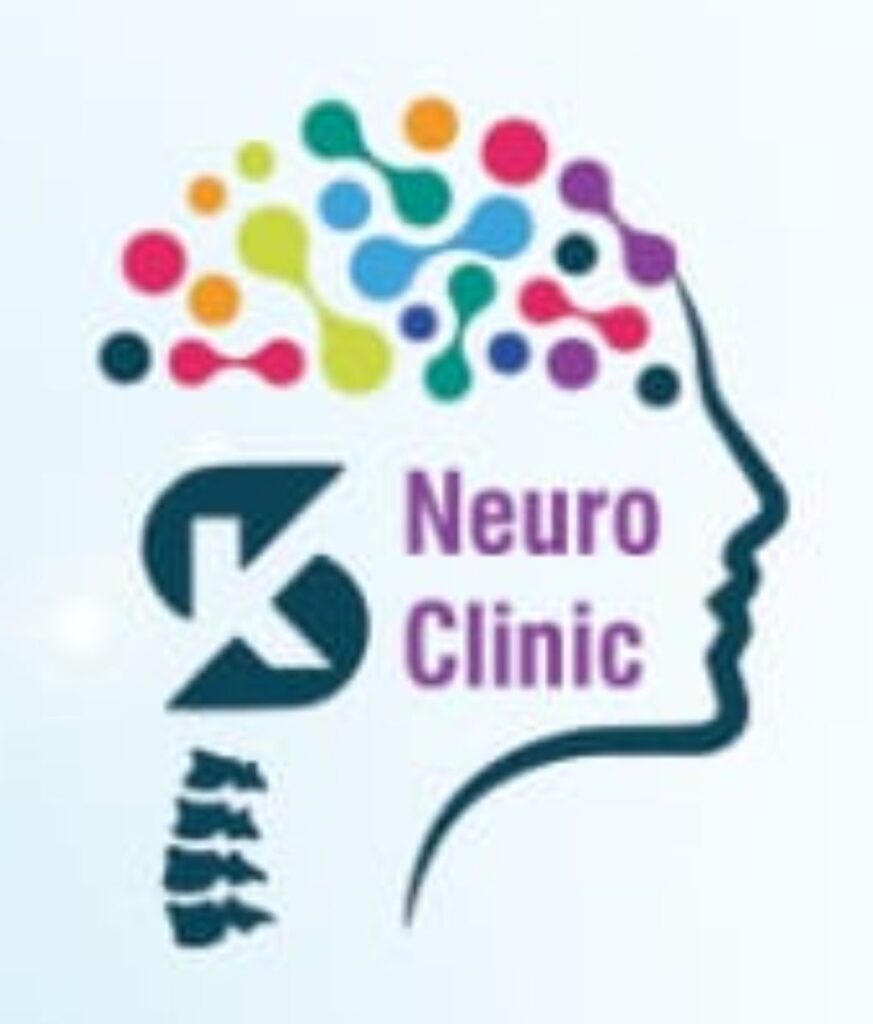Introduction
Tension headaches are the most common type of headache. They cause mild to moderate pain, often feeling like a tight band around your head. Many people experience tension headaches at some point in their lives. Although these headaches are not dangerous, they can affect your daily life. For example, you may find it hard to focus at work or enjoy time with family. Understanding tension headache symptoms and causes can help you find relief and prevent future episodes.
Symptoms
Tension headache symptoms are usually easy to recognize. However, they can sometimes be confused with other types of headaches. Knowing the signs can help you get the right treatment. Common symptoms include:Dull, aching pain on both sides of the headPressure or tightness around the forehead or back of the headTenderness in the scalp, neck, or shoulder musclesMild to moderate pain that does not get worse with activity
Unlike migraines, tension headaches usually do not cause nausea, vomiting, or vision changes. Still, some people may feel tired or sensitive to light or sound.
Causes and Risk Factors
Doctors are not sure what exactly causes tension headaches. However, several factors can trigger them. For instance, stress is a common cause. Other possible triggers include:Poor postureFatigue or lack of sleepSkipping mealsEye strain from screensDehydration
Some people are more likely to get tension headaches. For example, women and people with high stress levels are at greater risk. In addition, having a family history of headaches can increase your chances.
Diagnosis
Doctors diagnose tension headaches by asking about your symptoms and medical history. They may also do a physical exam. Usually, no special tests are needed. However, if your headaches are severe or unusual, your doctor may order tests to rule out other problems. For example, a CT scan or MRI can help check for other causes. It is important to describe your symptoms clearly, so your doctor can make the right diagnosis.
Treatment Options
There are many ways to treat tension headaches. Most people find relief with simple steps. For mild pain, over-the-counter medicines like acetaminophen or ibuprofen can help. However, you should not use these medicines too often, as they can cause side effects.
Besides medicine, lifestyle changes can make a big difference. For example, you can try:Taking breaks from screensPracticing relaxation techniques, such as deep breathing or meditationGetting regular exerciseImproving your sleep habitsUsing a cold or warm compress on your head or neck
In some cases, your doctor may suggest physical therapy or counseling. These treatments can help if stress or muscle tension is a main cause.
Prevention Tips
Preventing tension headaches is possible for many people. Although you may not avoid every headache, these tips can help reduce how often they happen:Manage stress with healthy habitsKeep a regular sleep scheduleEat balanced meals and do not skip foodStay hydrated throughout the dayPractice good posture, especially at workTake short breaks if you use a computer often
Tracking your headaches in a diary can also help you find and avoid triggers.
When to See a Doctor
Most tension headaches are not serious. However, you should see a doctor if:Your headaches are frequent or severePain does not improve with over-the-counter medicineYou notice changes in your vision, speech, or balanceYou have a sudden, severe headache
Early medical advice can help rule out other health problems and guide you to the best treatment.
Conclusion
Tension headaches are common but manageable. With the right steps, you can reduce pain and prevent future headaches. If you have ongoing or severe headaches, consult a healthcare professional for personalized advice.
Need expert help? Book a consultation with Sanjay Kumar today and take the first step toward lasting relief.

